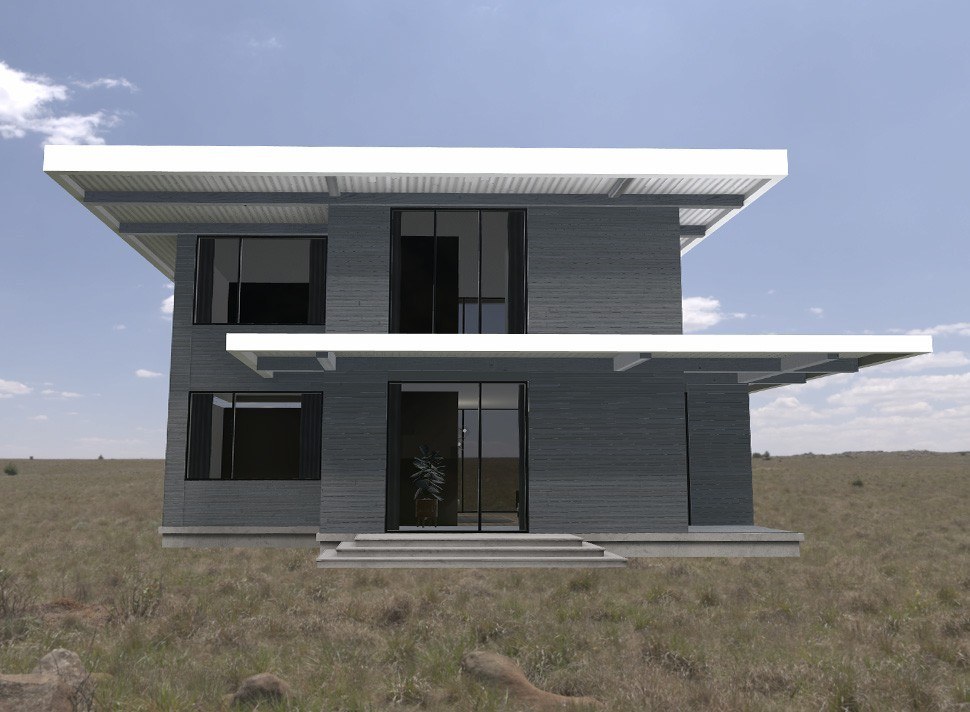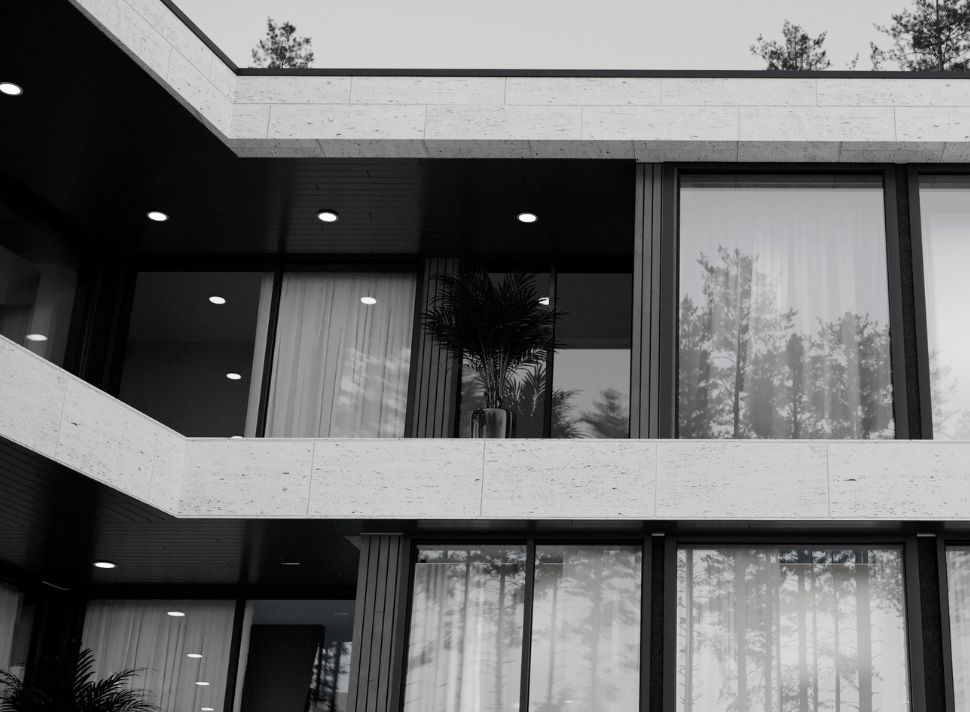The Pandemic Reshaped the Real Estate Market: COVID-19 and Real Estate
It's time to discuss new trends that are developing in the real estate market after more than a year of the Covid-19 epidemic. This is an excellent chance for us to have a conversation about how these events may affect realtors and their clients. It's critical to consider how this might affect your own business right now because it has a significant potential for impacting everyone. Otherwise, you run the danger of losing customers and being on the verge of bankruptcy. So, how does Covid-19 impact the real estate market, and how should businesses react to these changes?
As an architectural visualization firm that works with many real estate professionals, we want to assist our clients in keeping their businesses going. As a result, we'd like to offer our views and observations so that the present state of the market and its future may be illuminated. And, of course, we'd want to demonstrate how our 3D rendering services may assist real estate companies to keep their competitive edge during these uncertain times. So, are you interested to know how the epidemic has altered the real estate industry and how to deal with it? Keep reading!
Buyers of Residential Property Have Become More Careful
Many firms worldwide have been forced to close down or cut expenses since the start of the Covid-19 pandemic. As a result, many individuals were let go or paid reduced wages. This motivated us to reconsider the dangers of major investments like buying real estate.
As a result, residential real estate demand has drastically decreased. And this will most likely become a long-term trend. But that does not imply that Covid-19 and commercial property sales are mutually exclusive. It simply means that realtors must try even harder to make things work.
It's also possible to use virtual staging to show the full potential of properties that don't look well in photos. It's far quicker and less costly than real staging, and most significantly, it's done completely remotely. In addition, 3D computer graphics of digitally staged homes may be so realistic that prospects can easily imagine themselves living in those houses. As a result, it aids to minimize their uncertainty and persuade them that the purchase of real estate will be a good investment.

The demand for single-family houses in the suburbs has increased.
Many people are attempting to downsize and relocate to smaller homes or apartments to save money, while others are seeking precisely the opposite. Because so many firms have committed to remote work for an extended period of time, a lot of people have chosen to relocate from major cities to more affluent suburbs. As a result, many employees have moved from big cities to suburban areas, where they may afford bigger houses. A further significant incentive for buying a spacious home in the suburbs is that each family member now requires their own room for Zoom meetings and classes and personal space.
Another meaningful impact of Covid-19 on the real estate sector is an increase in demand for suburban homes. To increase the sales of such houses, agents should examine what motivates people to select them and how they feel about it. Then, generating a compelling message for small-town real estate advertising will be a lot simpler.
Realty Companies are Now Fully Transforming into Digital Organizations
For a long time, the real estate business has been moving toward full-scale digitization. This long-term trend began years before the Covid-19 epidemic, but it was definitely accelerated by it. As a result, we're seeing an increase in the use of interactive virtual reality tours and augmented reality/VR technologies. With such 3D visualizations, realtors may give their prospects a next-level experience. Now, consumers can have private house tours at any time of day or night, and they can do so from the comfort of their own homes. They can even do it before the property is completed! There's no need to go driving around, wasting time, and risking becoming sick, as they can. In this light, Covid-19's impact on the real estate industry may be characterized as a needful nudge toward innovation. The digitalization trend is unquestionably here to stay.
Commercial real estate demand has decreased.
As noted previously, many companies closed or changed to working remotely due to the Covid-19 epidemic, which has left many unemployed people. Naturally, this decreased commercial real estate demand, such as offices and business centers. And because many businesses found remote work to be very productive and efficient, they made the switch permanent.
The number of new construction projects for resorts, restaurants, and recreational facilities has also declined. As a result, it's conceivable that real estate professionals will have to change their focus to anticipate the future of housing.
The Need for Industrial Spaces Is on the Rise
Last but not least, let's speak about the significant shift to e-commerce, which is kind of difficult to overlook. We're seeing an increased demand for industrial spaces like data centers, warehouses for e-commerce shipments, self-storage facilities, cloud kitchens, and more due to the impact of Covid-19 on the real estate sector. According to most experts, this event will have a long-term influence on consumers' purchasing habits. Given that, realtors should anticipate demand for industrial real estate to increase even more.
When it comes to Covid-19 and real estate organizations, it's clear that specific trends weren't caused, but rather hastened by the epidemic. Consider how prevalent digitization has become. Technology's increased usage was something that we all anticipated, since it may really assist real estate professionals in their job. Finally, utilizing CG material is an excellent technique to address several of the issues and difficulties discussed in this post. Overall, one thing we can be sure about is that the real estate industry will continue to expand in the years ahead, despite the downturn we're currently experiencing in some areas.
Contact us at YouSee Studio for captivating 3D renderings and immersive virtual experiences.
Karen Spacey is a content writer and the author of this article.




